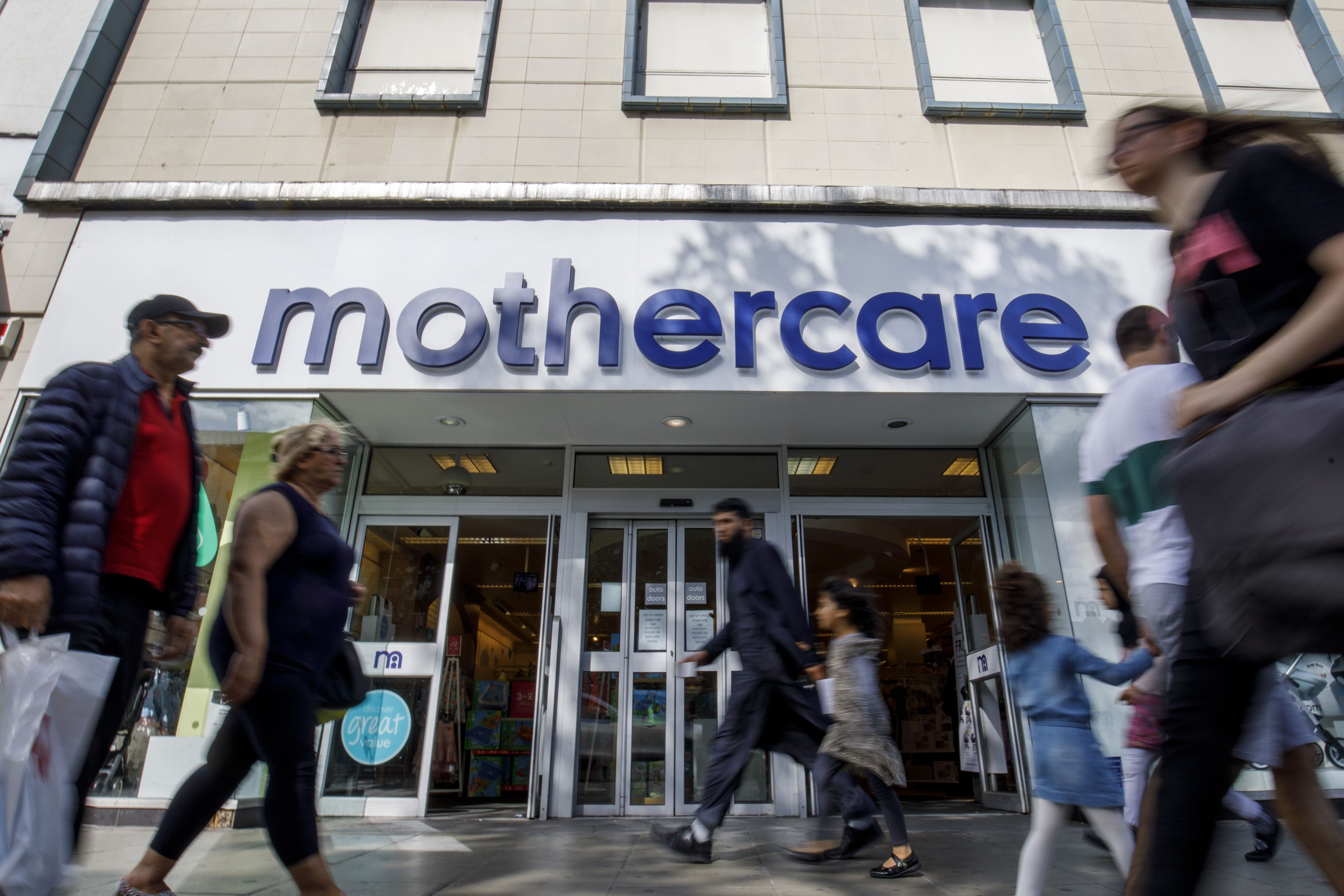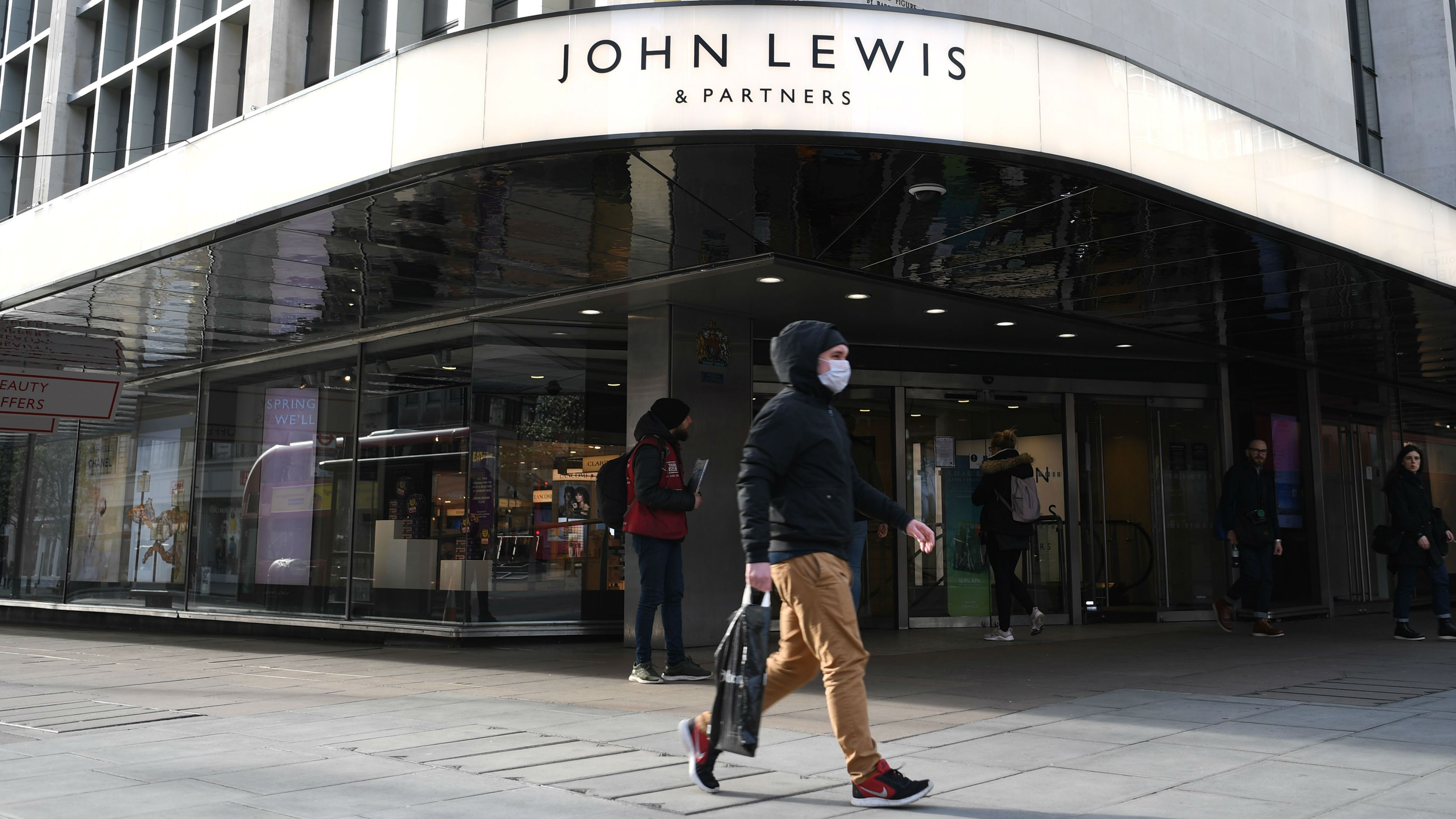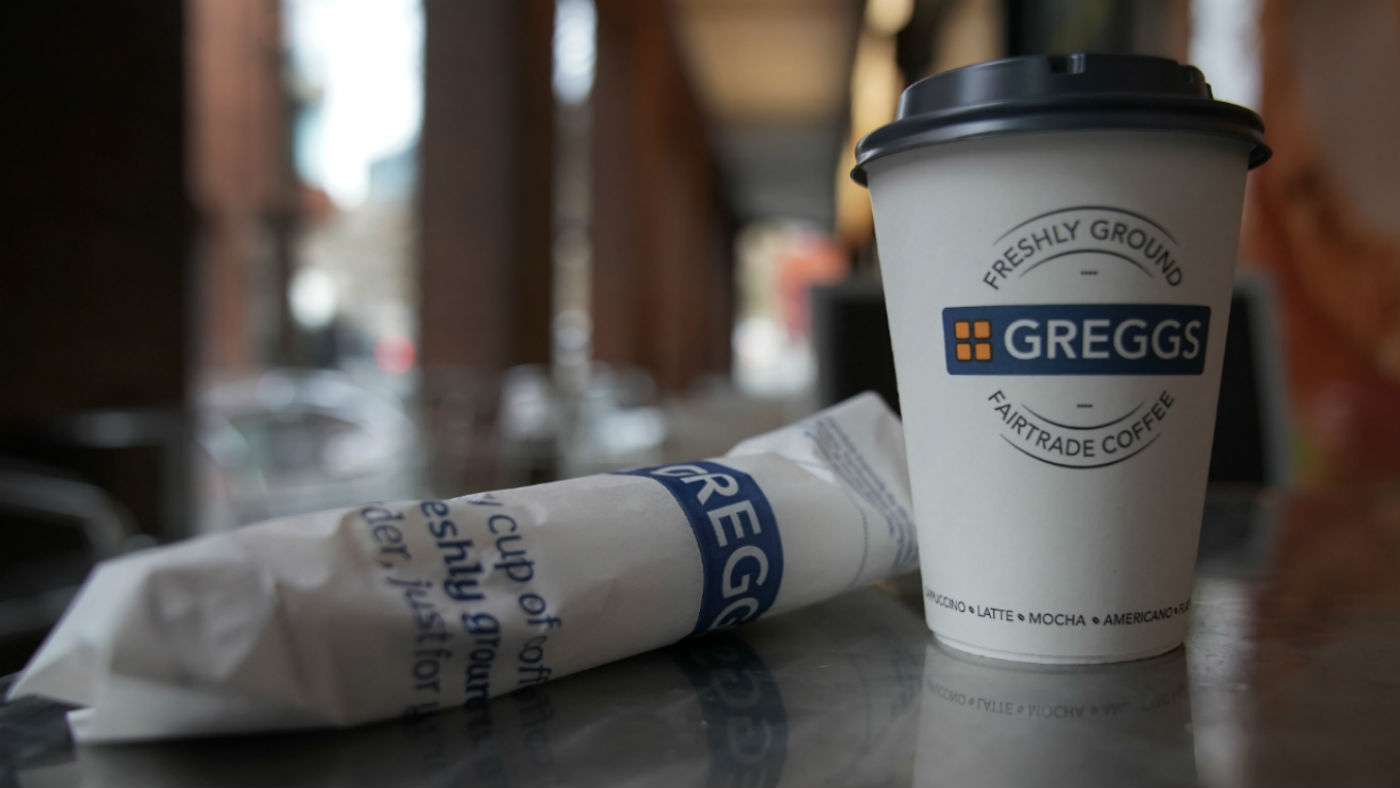Mothercare: where did it all go wrong?
Thousands of jobs at risk as maternity retailer appoints administrators

A free daily email with the biggest news stories of the day – and the best features from TheWeek.com
You are now subscribed
Your newsletter sign-up was successful
Mothercare is calling in administrators after revealing that its UK division is on the verge of collapse, putting up to 2,500 jobs at risk.
The maternity goods retailer announced on Monday that its UK stores were “not capable of returning to a level of structural profitability and returns that are sustainable for the group”.
It added: “Furthermore, the company is unable to continue to satisfy the ongoing cash needs of Mothercare UK.”
The Week
Escape your echo chamber. Get the facts behind the news, plus analysis from multiple perspectives.

Sign up for The Week's Free Newsletters
From our morning news briefing to a weekly Good News Newsletter, get the best of The Week delivered directly to your inbox.
From our morning news briefing to a weekly Good News Newsletter, get the best of The Week delivered directly to your inbox.
Sky News reports that Mothercare has 79 stores in the UK - a number that has been “substantially reduced following several efforts to save the loss-making operation”.
The company, one of many high street chains to have been hit by financial woes, shut 55 shops last year and suffered a £36.9m loss in the financial year to March.
Julie Palmer, partner at corporate recovery firm Begbies Traynor, said Mothercare had become “a byword for trouble on the High Street”, demonstrating “the failure of well-established brands to stay afloat”, reports the BBC.
–––––––––––––––––––––––––––––––For a round-up of the most important stories from around the world - and a concise, refreshing and balanced take on the week’s news agenda - try The Week magazine. Get your first six issues for £6–––––––––––––––––––––––––––––––
A free daily email with the biggest news stories of the day – and the best features from TheWeek.com
So where did it all go wrong?
The UK’s high street retailers have faced “tough times amid a squeeze on consumers’ income, the growth of online shopping and the rising costs of staff, rents and business rates”, the broadcaster says.
Mothercare UK has been one of the worst-hit, having already entered a company voluntary arrangement (CVA) last year, which allowed it to cut its UK store total from 134 to just 79 after a dramatic collapse in sales.
The Guardian reports that earlier this year the company “sold the Early Learning Centre toy brand in a desperate attempt to keep the UK business afloat”.
However, it has now confirmed that its remaining stores would “not return to profitability and that it had failed to find a buyer for the business”, adding that the shops will stay open until administrators have been appointed and wound down the business.
“Since May 2018, we have undertaken a root and branch review of the group and Mothercare UK within it, including a number of discussions over the summer with potential partners regarding our UK Retail business,” the company said in a statement, reports the Daily Mirror.
The move does not include Mothercare’s profitable overseas operations, which have more than 1,000 stores in 40-plus countries. Mothercare said the UK administration filing was a “necessary step in the restructuring and refinancing of the group”.
Mothercare’s UK retail division is the only one that makes a loss and currently employs 500 full-time staff and around 2,000 workers on a part-time basis.
What has the reaction been?
Shares in the parent company dived by 29.2% to 8p in early trading on Monday, according to Metro.
Retail analyst Steve Dresser told the BBC that Mothercare had “failed to adapt to the world of online retail”, adding that the firm had “got very used to fat margins and a way of trading that’s store-based”.
“I think you would be hard-pressed to know what the brand stands for,” he said.
Richard Lim, chief executive of the Retail Economics consultancy, added: “This is perhaps one of the most highly anticipated collapses on the high street. The retailer was already on life support, having conducted a CVA last year. The cost-cutting operation and disposal of assets have not gone far enough to revive plummeting profits.”
-
 How to Get to Heaven from Belfast: a ‘highly entertaining ride’
How to Get to Heaven from Belfast: a ‘highly entertaining ride’The Week Recommends Mystery-comedy from the creator of Derry Girls should be ‘your new binge-watch’
-
 The 8 best TV shows of the 1960s
The 8 best TV shows of the 1960sThe standout shows of this decade take viewers from outer space to the Wild West
-
 Microdramas are booming
Microdramas are boomingUnder the radar Scroll to watch a whole movie
-
 Timpson warns some retail chains won't survive lockdown
Timpson warns some retail chains won't survive lockdownSpeed Read Key-cutting boss says the high street will be ‘somewhat different’ after coronavirus
-
 Will John Lewis close some stores permanently?
Will John Lewis close some stores permanently?In Depth Sources suggest not all of the chain’s department stores will reopen after coronavirus lockdown is lifted
-
 Carluccio’s and BrightHouse collapse as coronavirus bites
Carluccio’s and BrightHouse collapse as coronavirus bitesSpeed Read Outbreak the ‘final nail in the coffin’ for both brands
-
 Rolling in it: Greggs giving £7m in bonuses following vegan sausage success
Rolling in it: Greggs giving £7m in bonuses following vegan sausage successSpeed Read Bakery chain staff rewarded as meat-free pastry sales pad out profits
-
 Hopes of happy Christmas rise as sales stop falling on high street
Hopes of happy Christmas rise as sales stop falling on high streetSpeed Read CBI data reports an end to six months of falling sales
-
 How Greggs is bucking the high street gloom
How Greggs is bucking the high street gloomSpeed Read Vegan sausage roll and demand for affordable food boosts chain
-
 What is driving the collapse of high street shops?
What is driving the collapse of high street shops?In Depth An average of 16 shops closed each day in the first half of 2019
-
 High street footfall down 10% in seven years
High street footfall down 10% in seven yearsSpeed Read Rise of both online shopping and business rates blamed for falling numbers